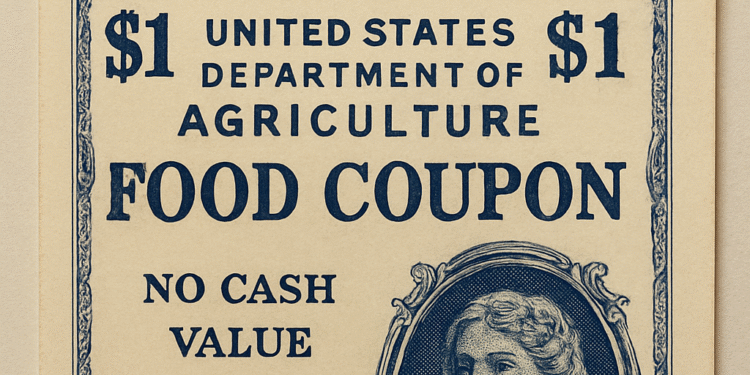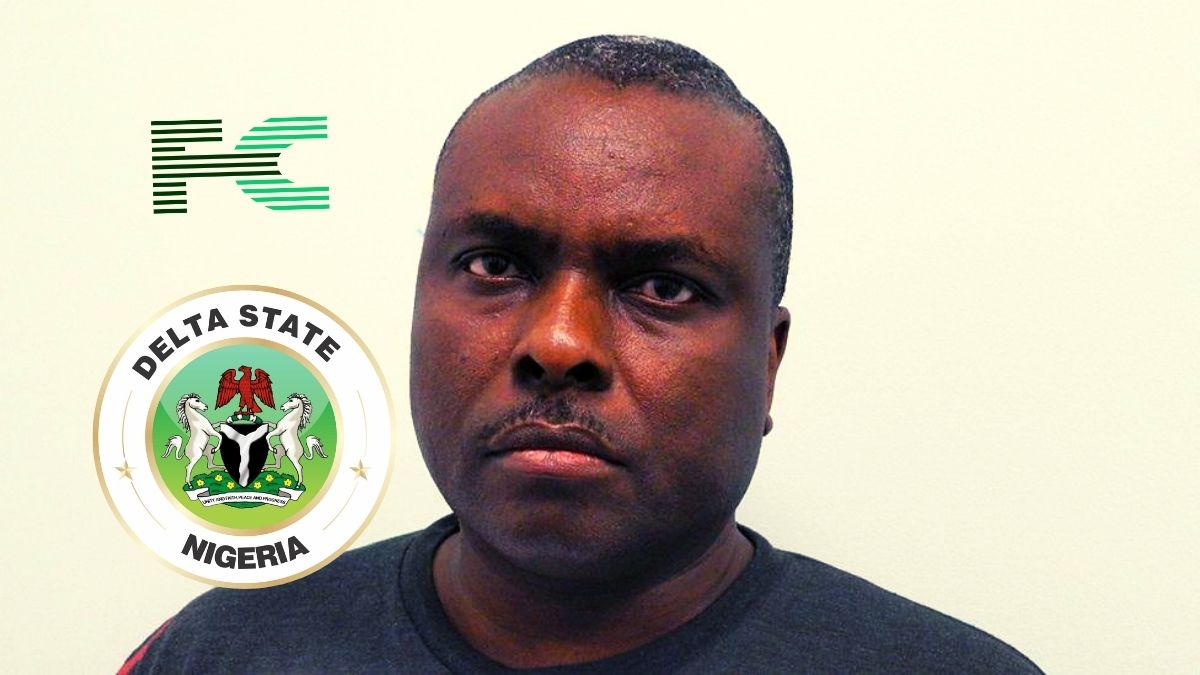In an escalation of the government shutdown, the US Department of Agriculture has officially declared the “well has run dry,” cutting off food assistance to 42 million Americans starting in November and plunging one in eight citizens into immediate food insecurity.
The move, announced in a stark online notice that directly blamed Senate Democrats, marks one of the most severe consequences of the 26-day political standoff. It reveals an administration willing to weaponize the most vulnerable to break its political opponents, refusing to tap into a multi-billion dollar contingency fund explicitly designed for such crises.
The Supplemental Nutrition Assistance Program (SNAP), a vital lifeline that provides an average of just $6 per day for food per person, is now at the center of the political war. Democrats are demanding the Trump administration release the contingency reserves, accusing the President of perpetrating “the most cruel and unlawful offence” while he funds a new White House ballroom and foreign aid.
The administration, however, is digging in. Agriculture Secretary Brooke Rollins insists the reserve can only be used for “true emergencies” like natural disasters, framing the hunger of 42 million people as a political problem, not a national catastrophe.

States Scramble as the Safety Net Frays
The federal cutoff has triggered a chaotic scramble in states across the country. While some states have pledged to use their own funds, others, like Massachusetts—facing one million suddenly hungry residents—have admitted they cannot cover the shortfall. California is taking the unprecedented step of deploying its National Guard to distribute food, a clear signal that state governments are bracing for a crisis of historic proportions.
Why It Matters
This is not a policy failure; it is a calculated act of political coercion. The administration’s refusal to use a contingency fund for the contingency it was created for—a government shutdown—exposes a chilling willingness to use human suffering as a bargaining chip.
The image of a government building a $250 million ballroom while it cuts $6-a-day food allowances for its poorest citizens is a defining image of this shutdown. This decision will empty kitchen cabinets, overwhelm food banks, and force families into impossible choices.
The “well” for political gamesmanship, however, remains deep and full. The real crisis here isn’t a lack of funds—it’s a profound lack of leadership and basic humanity in the face of a entirely predictable, man-made disaster.

















